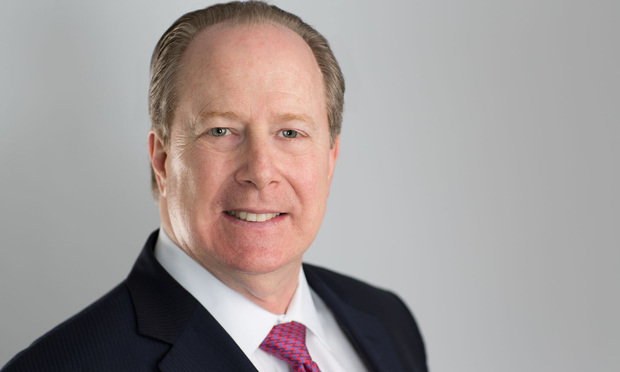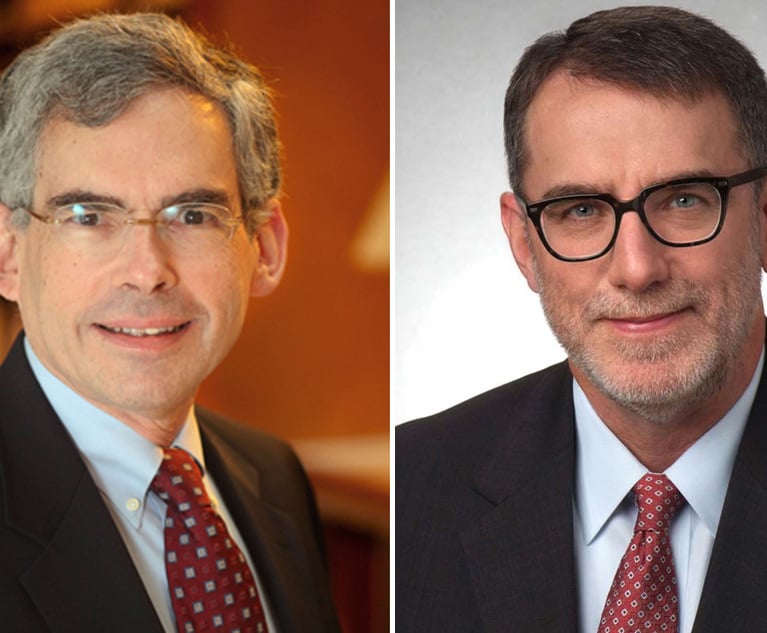The United States is known in other jurisdictions as a tax haven and a place of choice for foreign investors. This is partly because laws in the states of Delaware, Wyoming and Nevada that protect the identity of the ultimate beneficial owner (UBO) have historically protected anonymity. A perception of the United States as a tax haven further stems from lack of:
- U.S. participation in the common reporting standard (CRS)
- U.S. reciprocity under intergovernmental agreements (IGA) with other countries under FATCA
- U.S. laws requiring the revelation of beneficial ownership of U.S. corporations
- Comprehensive anti-money laundering (AML) measures in the nonfinancial sector: lawyers, accountants, real estate agents, trust and company service providers
Corporate Transparency Act of 2019—Targets UBO
On Oct. 22, the “Corporate Transparency Act of 2019” (CTA) that was passed as a bill by the U.S. House of Representatives (now moving to the Senate): “To ensure that persons who form corporations or limited liability companies in the United States disclose the beneficial owners of those corporations or limited liability companies, in order to prevent wrongdoers from exploiting United States corporations and limited liability companies for criminal gain, to assist law enforcement in detecting, preventing, and punishing terrorism, money laundering, and other misconduct involving United States corporations and limited liability companies, and for other purposes”.
Summary of Congressional Findings Under the CTA
- Nearly 2,000,000 corporations and limited liability companies are formed under the laws of the States each year.
- Very few States require information about the beneficial owners of the corporations and limited liability companies formed under their laws.
- A person forming a corporation or limited liability company within the United States typically provides less information at the time of incorporation than is needed to obtain a bank account or driver’s license and typically does not name a single beneficial owner
- Criminals have exploited State formation procedures to conceal their identities when forming corporations or limited liability companies in the United States, and have then used the newly created entities to commit crimes affecting interstate and international commerce such as terrorism, proliferation financing, drug and human trafficking, money laundering, tax evasion, counterfeiting, piracy, securities fraud, financial fraud, and acts of foreign corruption.
- Law enforcement efforts to investigate corporations and limited liability companies suspected of committing crimes have been impeded by a lack of available beneficial ownership information; as documented in reports and testimony by officials from the Department of Justice, the Department of Homeland Security, the Department of the Treasury, and the Government Accountability Office, and others.
- In July 2006, the leading international antimoney laundering standard-setting body, the Financial Action Task Force on Money Laundering (in this section referred to as the FATF), of which the United States is a member, issued a report that criticizes the United States for failing to comply with a FATF standard on the need to collect beneficial ownership information and urged the United States to correct this deficiency by July 2008. In December 2016, FATF issued another evaluation of the United States, which found that little progress has been made over the last ten years to address this problem. It identified the “lack of timely access to adequate, accurate and current beneficial ownership information” as a fundamental gap in United States efforts to combat money laundering and terrorist finance.
- In response to the 2006 FATF report, the United States has urged the States to obtain beneficial ownership information for the corporations and limited liability companies formed under the laws of such states.
- In contrast to practices in the United States, all 28 countries in the European Union are required to have corporate registries that include beneficial ownership information.
- To reduce the vulnerability of the United States to wrongdoing by United States corporations and limited liability companies with hidden owners, to protect interstate and international commerce from criminals misusing United States corporations and limited liability companies, to strengthen law enforcement investigations of suspect corporations and limited liability companies, to set a clear, universal standard for State incorporation practices, and to bring the United States into compliance with international anti-money laundering standards, Federal legislation is needed to require the collection of beneficial ownership information for the corporations and limited liability companies formed under the laws of such states.
The CTA Calls for Transparent Incorporation Practices
- When forming a corporation or limited liability company under the laws of a State (or Indian Tribe), the applicant shall file a report with FinCEN containing a list of the beneficial owners of the corporation or limited liability company that identifies each beneficial owner by:
- Full legal name
- Date of birth
- Current residential or business street address
- A unique identifying number from a non-expired passport issued by the United States, a nonexpired personal identification card, or a non-expired driver’s license issued by a State
- Each corporation or limited liability company formed under the laws of a state (or Indian Tribe shall) shall submit to FinCEN an annual filing containing a list of:
- Current beneficial owners of the corporation or limited liability company and the identification information
- Changes in the beneficial owners of the corporation or limited liability company
- Update to the list of the beneficial owners of the corporation or limited liability
This content has been archived. It is available through our partners, LexisNexis® and Bloomberg Law.
To view this content, please continue to their sites.
Not a Lexis Subscriber?
Subscribe Now
Not a Bloomberg Law Subscriber?
Subscribe Now
LexisNexis® and Bloomberg Law are third party online distributors of the broad collection of current and archived versions of ALM's legal news publications. LexisNexis® and Bloomberg Law customers are able to access and use ALM's content, including content from the National Law Journal, The American Lawyer, Legaltech News, The New York Law Journal, and Corporate Counsel, as well as other sources of legal information.
For questions call 1-877-256-2472 or contact us at [email protected]


 Stanley Foodman of Foodman CPAs & Advisors.
Stanley Foodman of Foodman CPAs & Advisors.




